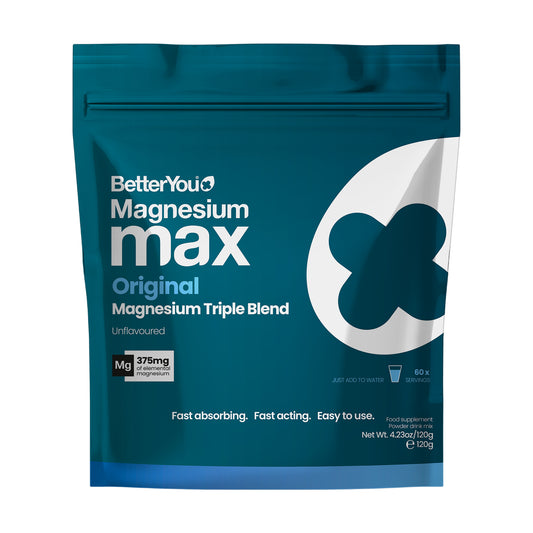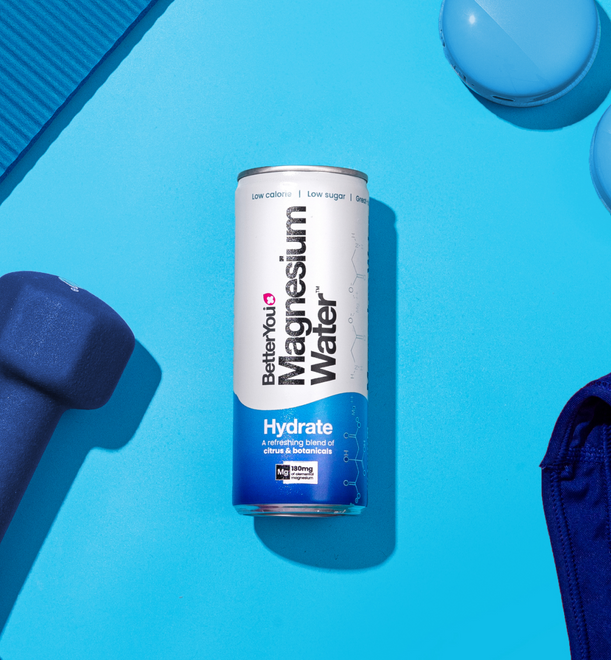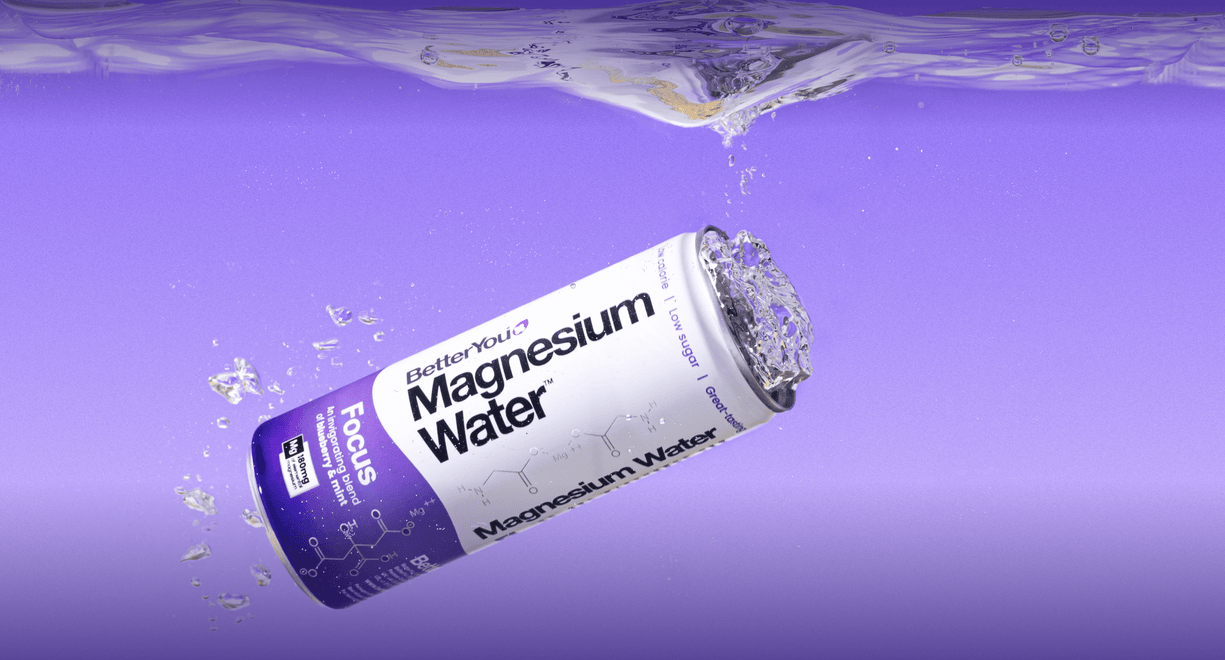With infertility rates rising, it's no wonder many of us are turning to fertility supplements. In 2019 UK birth rates hit a new low for the fourth consecutive year, according to the Office for National Statistics (ONS). The UK is not alone - this fact is echoed throughout the developed world.
Table of Contents:
- What are Fertility Supplements?
- Evidence Based Fertility Supplements
- Vitamins & Minerals for Conception
So, when it comes to trying to conceive, what can we do to help boost fertility?
Kate Davis has over 25 years experience in women's health, gynaecology, and sexual and contraceptive health. She is an independent Fertility Nurse Consultant and is an expert in natural fertility. Here she shares her evidence based guide to fertility supplements.
If you’re trying to conceive, it’s likely that you’ve started to look into which conception supplements you should take to help boost your fertility. I find that women can be taking a huge number of fertility supplements, from the weird to the wonderful. All in the hope that one might just be the missing key to unlocking their fertility struggle.
You may have been recommended specific supplements by a friend or heard mention of supplements that will improve fertility on forums and online communities. But do these fertility supplements really work and where is the evidence to support their use in conception?
What are Fertility Supplements for Women?
Fertility supplements, also known as conception supplements, are vitamins and minerals which support healthy fertility. These are nutrients which we need throughout our lives, but are extra important when trying to conceive. These can be in the form of oral sprays or traditional tablets.
Are Fertility Supplements Based on Evidence?
Evidence-based practice is where medical treatments, medicines or supplements have been thoroughly assessed to show improvement to patient outcomes.
Not all fertility supplements have the research to show that they can make a positive outcome to your health or ability to conceive. That’s why it’s important to do your homework and make the right choices on the fertility supplements you decide to take.
If you enjoy a vegetarian or vegan diet, it’s even more important that you consider the food supplements you need to boost your nutritional intake.
This evidence-based guide is the perfect place to start in understanding which nutrients – and which fertility supplements – are recommended to take and the research that supports their use in conception.
Which Vitamins and Minerals Impact Fertility?
The key nutrients that can impact the ability to conceive, and the ones you should look out for in fertility supplements include:
- Vitamin D
- Selenium
- Zinc
- Iron
- Iodine
- Folic Acid
Vitamin D
Vitamin D is often referred to as the ‘sunshine vitamin’ because it’s produced by the body’s reaction to the skin’s exposure to the sun. However, during the autumn and winter months in the UK, it becomes harder for us to get what we need from the sun’s rays alone. This could lead to a vitamin D deficiency. Public Health England (PHE) recommends that every adult should consider taking a daily supplement of 10μg.
There is good evidence to suggest that vitamin D assists in human reproduction. With an extensive literature review finding that vitamin D plays an important role in regulating sex hormones. It may also play a part in regulating the symptoms associated with Polycystic Ovarian Syndrome (PCOS) and help in reducing inflammation in women with endometriosis. Making it one of the key fertility supplements to take to ensure optimum levels.
So, the benefits of vitamin D show it is a good all-rounder when it comes to fertility supplements for women. It not only benefits women, but evidence suggests that vitamin D supplements also have a positive effect on sperm quality and that supplementation may improve sperm mobility.
Selenium
It is well known that a benefit of selenium is how it aids sperm health. But what about selenium as a fertility supplement for women?
A study looking at selenium in early pregnancy and the association with fertility found that lower selenium concentrations were associated with a longer time to conception. Importantly, it also showed a greater risk of infertility among study participants.
The recommended daily amount of selenium is 75μg for men and 60μg for women. Whilst brazil nuts, seafood, poultry, and eggs are all good sources of selenium, supplementation is important if you don’t think you can get the full recommended amount from your diet.
Zinc
It is well documented that the mineral zinc is good for sperm health and low levels can be one of the causes of sperm abnormalities. Interestingly, it appears to also be a fertility supplement for women. This is due to it appearing women with lower zinc levels take longer to conceive than those with an adequate level.
To obtain the recommended 9.5mg per day for men and 7mg per day for women, zinc can be found through a combination of food sources such as meats, dairy foods, breads and wheatgerm, as well as through supplementation.
Iron
Iron is a mineral of crucial importance to cell development. It is often related to iron deficiencies experienced during pregnancy, however do we need to consider this mineral as a fertility supplement for women?
A large prospective study of over 18,000 women has concluded that yes, we do, and especially when it comes to ovulation. This study found that women who consumed iron supplements had a significantly lower risk of developing ovulatory disorders than women who did not take fertility supplementation.
Women of childbearing age should take 14.8mgs of iron per day. As well as supplementing, including iron-rich foods such as red meat, beans, nuts and dried apricots, fortified breakfast cereals and green leafy vegetables is recommended to enjoy the benefits of iron.
Iodine
Iodine might not necessarily be a nutrient that springs to mind when considering your fertility supplements, but its importance should not be underestimated.
Deficiency is common in women of childbearing age. With a 2018 study finding that women with a moderate to severe iodine deficiency had a 46% reduction in their ability to conceive. Showing its importance as a fertility supplement for women.
These findings are supported in a large study of over 78,000 pregnancies, where low iodine intake was associated with increased infertility and reduced foetal growth, increased preeclampsia and preterm delivery.
Good sources of iodine include fish, shellfish, and some plant foods such as grains and cereals. The levels of iodine in plant-based food varies and therefore it is worth considering supplementing to ensure you reach the recommended daily intake of 140μg a day.
Folic Acid
A vital nutrient when trying to conceive and during the first 12 weeks of pregnancy. Folic acid helps to increase maternal folate levels and reduces the risk of foetal neural tube development problems, such as spina bifida. This B vitamin is not only used in fertility supplements for women, but for men too!
Over the years, various research has shown that low levels of folic acid are associated with poor sperm health. However, more research is needed in this area to fully understand if there are benefits for men supplementing with folic acid, as a 2020 study refutes this view.
Women should supplement with 400μg of folic acid daily. It is advisable to start as soon, and if not a little before, you start trying to conceive. Folic acid is often considered one of the most important fertility supplements.
I hope this guide shows that supplements are important for your fertility. As well as, taking the time to research the evidence surrounding the pregnancy supplements you choose is vital in helping you to make informed choices.
Support Every Stage of Pregnancy with BetterYou
Once you have conceived it’s just as important to keep up your nutrition levels. Our collection of prenatal supplements will support you and your baby through your pregnancy. Whilst postnatal vitamins, breastfeeding vitamins, and baby vitamins can help to boost your levels once your little one arrives.
[product-handles list="conception-oral-spray"]




















